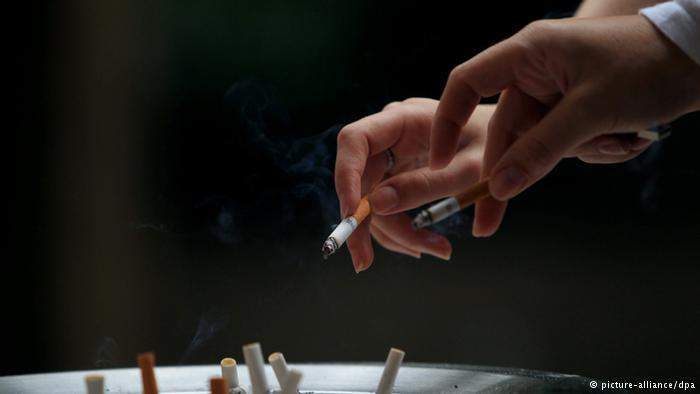
These three things will change the world today.
1. EU Commission VP visits the UK
Today, Valdis Dombrovskis, European Commission vice president is set to meet the British chancellor Philip Hammond as part of his 2-day visit to the UK.
A future deal on financial services must “work for all,” he told City A.M.
Tomorrow, Dombrovskis will open the London Stock Exchange before meeting fund managers and talking at a fintech event.
“Our aim certainly is not to punish the UK,” he added. “We have to respect the choice of British voters, and as I said we will certainly enter the negotiations with the aim to reach agreement which feeds all: which feeds EU 27 and feeds the UK.”
2. Mining strikes spell chaos for copper production
Strikes are planned at two of the world’s biggest copper mines — BHP Billiton’s Escondida mine in Chile and Freeport-McMoRan’s mine in Grasberg, Indonesia — threatening to dramatically reduce global supplies of the metal.

US Tariffs are shifting - will you react or anticipate?
Don’t let policy changes catch you off guard. Stay proactive with real-time data and expert analysis.
By GlobalDataMore than 5,000 metric tons (5,512 tons) of daily copper production could be lost, according to Standard Chartered estimates.
Benchmark prices back towards their highest levels for the year so far.
BHP Billiton said it would halt output in Chile at its Escondida mine, the biggest copper producer, during the strike due to begin today.
Freeport-McMoRan promised to scale back output at its Grasberg mine in response to a smelter strike and issues over the renewal of its mining permit.
“We are still negotiating with the government,” Riza Pratama, a Freeport-McMoRan spokesperson told Reuters yesterday.
3. Smoke-free Japan by 2020?
Environmental campaigners in Japan have urged the government to ensure that all restaurants and bars are smoke-free in time for the 2020 Tokyo Olympics.
Japanese politicians will debate a bill that could force the change today.
Japan is one of the largest global tobacco markets, ranking fifth globally as the country with the highest prevalence of smokers in 2014.
Legislation outlawing smoking in or near public buildings including schools and hospitals across Japan will be put to a vote in March.
Restaurateurs and bar owners will be given the option of installing self-contained smoking rooms on their premises. However, critics insist that such an exemption contravenes the International Olympic Committee (IOC) requirement for host cities to hold a healthy Games.
At present, less than 10 percent of bars and restaurants operating in the country have no-smoking policies.
Japan lags behind the majority of countries around the world when it comes to a smoking ban.
In Europe alone, governments in the UK, Greece, Bulgaria, Malta, Spain and Hungary have imposed strict anti-tobacco laws, outlawing smoking in enclosed public places, on public transport and in workplaces.







